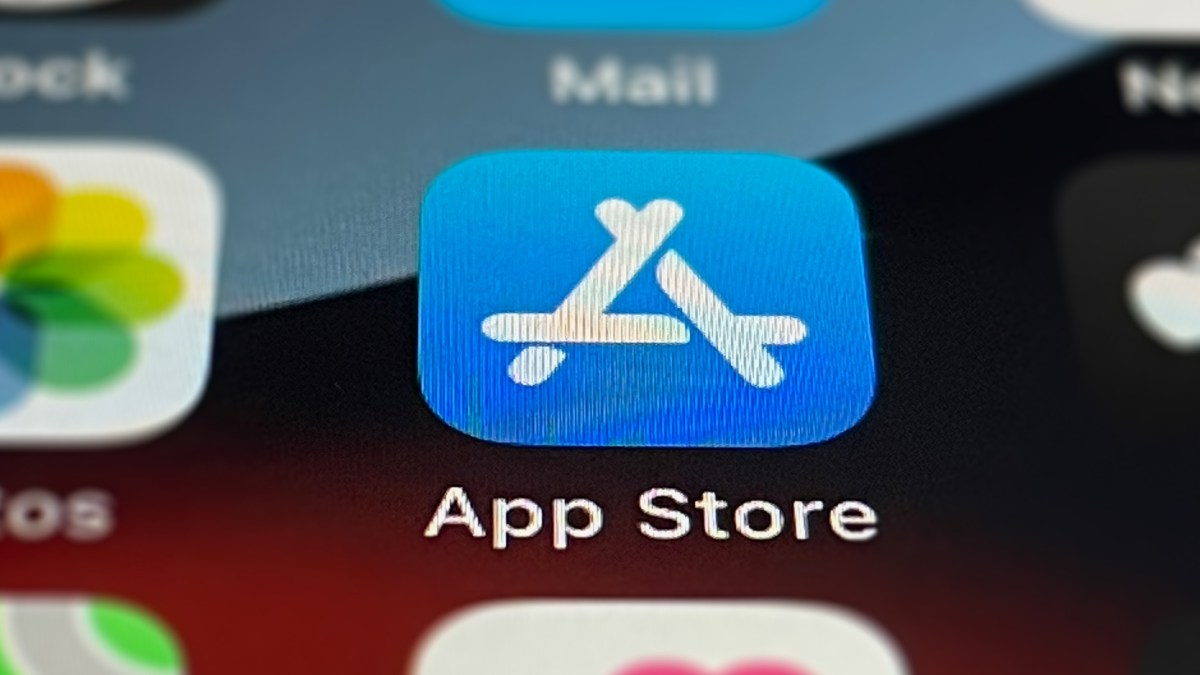Apple is determined to take a slice of in-app purchases, no matter how users access apps or make their payments, it seems. After dropping commissions to 27% following a court ruling that said Apple had to allow app developers the ability to point to their own payment options via the web, the company is now floating the idea that it could take a similar course of action for apps that are downloaded outside its App Store.
In the EU, Apple will be subject to a new law that will for the first time allow users to download apps to their devices without having to go through the App Store — a major change that will impact how iOS apps are discovered, marketed, and accessed. Apple has staunchly argued against such a measure, saying that it will expose iPhone users to numerous security risks, similar to Android, which already permits the practice.
However, the EU legislation is meant to even the playing field between the tech giant and those that want to conduct business on its platform.
According to a new report today from The Wall Street Journal, Apple plans to “introduce new fees and restrictions” for apps downloaded outside its App Store in the EU. In other words, it could still attempt to take a commission on in-app purchases and other sales, even if the app is discovered and installed from other websites, and not the App Store. This could present a challenge to the new legislation, which was meant to offer companies a way to do business without being subject to Apple’s commissions.
Though the law will only apply in European markets, companies were already considering how to take advantage of the new possibilities ahead. Microsoft was considering establishing its own app store for mobile games. The WSJ said Meta was also considering a system where users could download apps from Facebook apps. Spotify, a notable Apple critic, was also planning to offer app downloads on its website, the report added.
The WSJ cited “people familiar with the company’s plans” as its source, and noted the plans could still change, which likely means Apple is floating the news ahead of a formal announcement. (Apple has not yet responded to a request for comment.)
Reading between the lines, it seems that Apple is considering how to put into action a similar set of guidelines as it did when complying with the ruling in the Epic antitrust case. Though Apple largely won that case, as the court declared that the company was not a monopolist, it lost on one claim where the court decided Apple couldn’t restrict app developers from pointing to their own websites where users could process payments.
Apple did legally comply with the ruling, but with a lot of caveats. It has templates and language for developers to use, restrictions on what can’t be said, and restrictions on what sort of websites can be linked to. It also bars app video and news app developers already participating in other programs that reduce their commissions from adding links to outside payments in their apps.
Epic Games, which initiated the lawsuit against Apple, said it planned to contest Apple’s “bad-faith” compliance.
The news that Apple could be looking to charge developers for sideloaded apps as well comes only a day after Apple asked a London court to dismiss a case brought on behalf of app developers who allege that Apple’s 30% commissions on apps and in-app purchases are unfair.



![[CITYPNG.COM]White Google Play PlayStore Logo – 1500×1500](https://startupnews.fyi/wp-content/uploads/2025/08/CITYPNG.COMWhite-Google-Play-PlayStore-Logo-1500x1500-1-630x630.png)